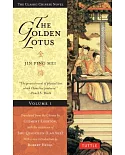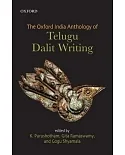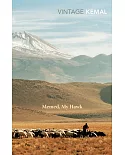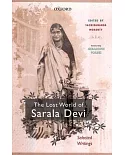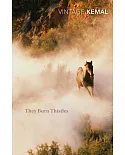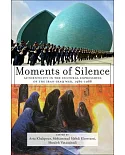Two Arabic Travel Books combines two exceptional exemplars of Arabic travel writing, penned in the same era but chronicling wildly divergent experiences.Accounts of China and
India is a compilation of reports and anecdotes on the lands and peoples of the Indian Ocean, from the Somali headlands to China and Korea. The early centuries of the Abbasid era
witnessed a substantial network of maritime trade—the real-life background to the Sindbad tales. In this account, we first travel east to discover a vivid human landscape, including
descriptions of Chinese society and government, Hindu religious practices, and natural life from flying fish to Tibetan musk-deer and Sri Lankan gems. The juxtaposed accounts create a jigsaw
picture of a world not unlike our own, a world on the road to globalization. In its ports, we find a priceless cargo of information; here are the first foreign descriptions of tea and
porcelain, a panorama of unusual social practices, cannibal islands, and Indian holy men—a marvelous, mundane world, contained in the compass of a novella.
In Mission to the Volga, we move north on a diplomatic mission from Baghdad to the upper reaches of the Volga River in what is now central Russia. This colorful documentary by Ibn
Fadlan relates the trials and tribulations of an embassy of diplomats and missionaries sent by caliph al-Muqtadir to deliver political and religious instruction to the recently-converted King
of the Bulghars. During eleven months of grueling travel, Ibn Fadlan records the marvels he witnesses on his journey, including an aurora borealis and the white nights of the North.
Crucially, he offers a description of the Viking Rus, including their customs, clothing, tattoos, and a striking account of a ship funeral.Mission to the Volga is also the earliest
surviving instance of sustained first-person travel narrative in Arabic—a pioneering text of peerless historical and literary value.
Together, the stories in Two Arabic Travel Books illuminate a vibrant world of diversity during the heyday of the Abbasid empire, narrated with as much curiosity and zeal as they
were perceived by their observant beholders.







